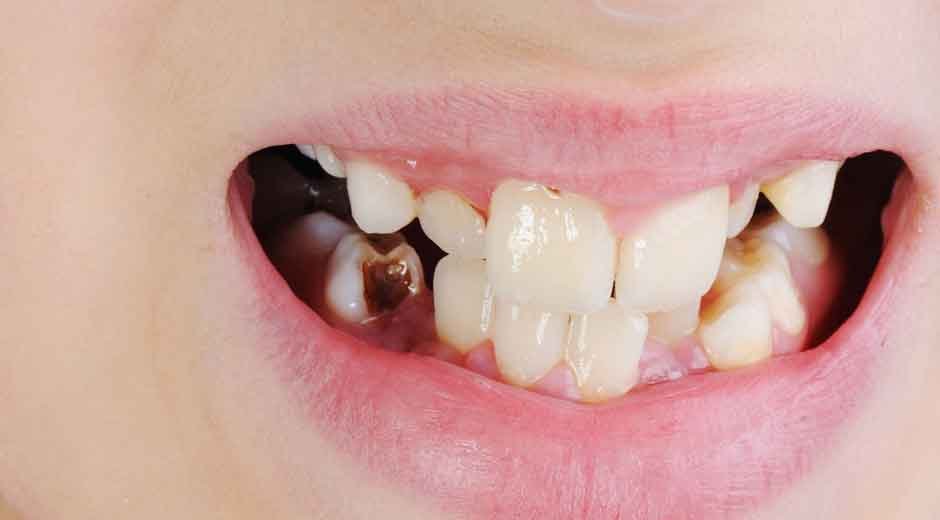Early intervention plays a major role in protecting a child’s oral health and overall development. When addressed promptly, dental care can prevent pain and future complications. Let’s explore why professional care is crucial when dealing with childhood tooth decay.
Primary teeth are more vulnerable to decay due to thinner enamel. At a qualified kids dentist, children receive examinations that identify cavities and weak enamel before serious damage occurs. These specialists use gentle techniques to ensure the experience is comfortable while maintaining clinical accuracy. Timely treatment preserves oral structure, keeping spacing for permanent teeth intact. Professional monitoring ensures that minor decay is managed before it becomes a complex issue.
Preventive Treatments and Protective Options
Preventive dentistry is essential in reducing the risk of decay among children. Fluoride applications and sealants are commonly used to strengthen enamel and block food particles from settling in grooves. These treatments help lower the chance of cavity formation, particularly in molars. Early prevention also helps children develop lifelong habits for better oral hygiene.
- Fluoride treatments: Reinforce enamel and resist acid attacks.
- Dental sealants: Create a barrier on the chewing surfaces of back teeth.
- Nutritional guidance: Encourages balanced diets low in sugary snacks.
- Regular checkups: Support early detection and continued protection.
Consistent care builds confidence and reduces anxiety during dental visits. For families, investing in preventive strategies can decrease the need for future restorative work. A focus on prevention from an early age promotes healthier smiles throughout childhood.
Restorative Care and Long-Term Benefits
When decay is already present, restorative procedures help repair affected teeth and prevent further breakdown. Treatments such as fillings, crowns, or pulpotomies restore function while easing discomfort. Each procedure is customized to match the child’s specific needs and tolerance level.
A damaged baby tooth can disrupt speech or affect how permanent teeth emerge. Addressing cavities promptly ensures the mouth remains balanced and functional. For children, treatment also encourages trust in dental professionals through positive experiences. Restoring comfort early improves confidence and supports oral health development.
Parental Education and Home Care Practices
Parents play an essential role in preventing childhood tooth decay. Learning proper brushing and flossing techniques helps maintain oral hygiene between dental visits. Education from a pediatric specialist includes guidance on diet, fluoride use, and bottle-feeding habits. Consistent supervision during daily routines reinforces good dental care habits.
A collaborative approach between the family and dental team improves long-term outcomes. Parents are encouraged to schedule regular cleanings every six months and monitor changes in their child’s mouth. Understanding how to recognize early signs of decay supports timely professional care. These combined efforts reduce complications and create a foundation for lifelong oral wellness.
Behavioral Management and Comfort Techniques
Children often experience anxiety during dental visits, making behavior management a critical aspect of treatment. Pediatric dental specialists are trained in communication methods that calm and reassure young patients. Distraction, positive reinforcement, and age-appropriate explanations make each visit more relaxed. A comfortable environment fosters cooperation and builds positive attitudes toward oral health.
Sedation options may be used for extensive procedures or highly anxious children. These techniques help complete treatments safely while minimizing stress. Continuous monitoring ensures safety and effectiveness throughout the process. Establishing trust at an early age encourages consistent dental care as children grow.
A specialized kids dentist provides the expertise needed to address early childhood tooth decay with precision and care. Professional intervention may help improve comfort, prevent infections, and protect developing teeth. For families across the community, early dental attention supports strong, healthy smiles and positive experiences.










